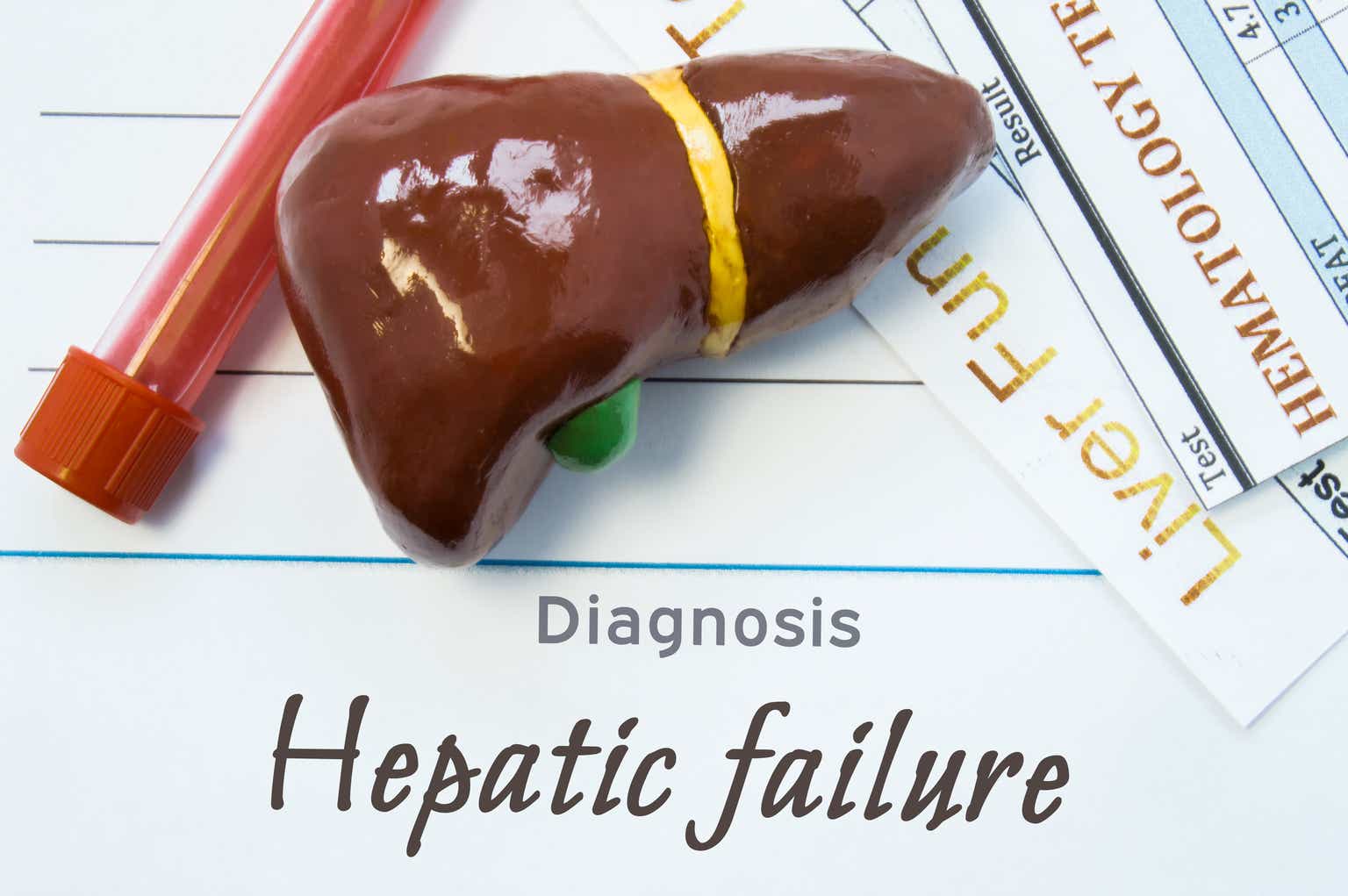Typically, buyers who had experienced a scam reported receiving incorrect goods (15%) or no goods at all (15%), while 11% had received an empty package and 10% had received counterfeit goods
A third of buyers have been caught out by scams on popular second-hand marketplaces in the last two years, according to a survey.
Consumer watchdog Which? warned over the “soaring” levels of fraud on these platforms, revealing that 32% of buyers and 22% of sellers had fallen victim to scams. Victims typically reported receiving either the wrong items (15%) or nothing at all (15%), with others getting empty packages (11%) or counterfeit goods (10%).
Authorised push payment fraud, where purchase scams are the most prevalent type, accounted for 66% of all cases reported to banks, as per the latest figures from UK Finance. In the first half of 2023 alone, there were 76,946 reported cases and £40.9million lost to such scams.
Shoppers are being urged to exercise caution on second-hand sites, ensuring they scrutinise seller reviews and profiles thoroughly. Rocio Concha, Which? director of policy and advocacy, said: “Second-hand marketplaces can be a great way to save money and shop in a more sustainable way so it’s worrying that a third of buyers have experienced a scam in the last two years.”
She added: “When buying and selling second-hand goods online, it’s important that people properly check the seller’s reviews and profile especially if they are on the hunt for expensive goods. However, the responsibility should not fall wholly on consumers to protect themselves from scammers.
“Second-hand marketplaces need to ensure there are proper checks in place to prevent scammers from advertising in the first place and that any scam profiles are quickly removed.”
In January, Deltapoll surveyed 1,318 adults about 2,027 purchasing experiences on online marketplaces, and carried out a further survey with 1,402 adults about their 2,171 experiences selling items on online marketplaces.






